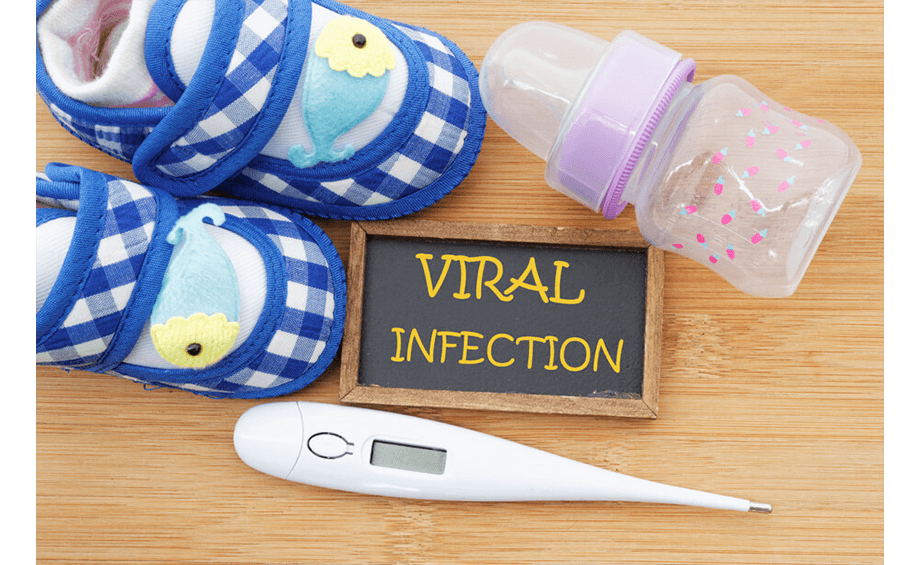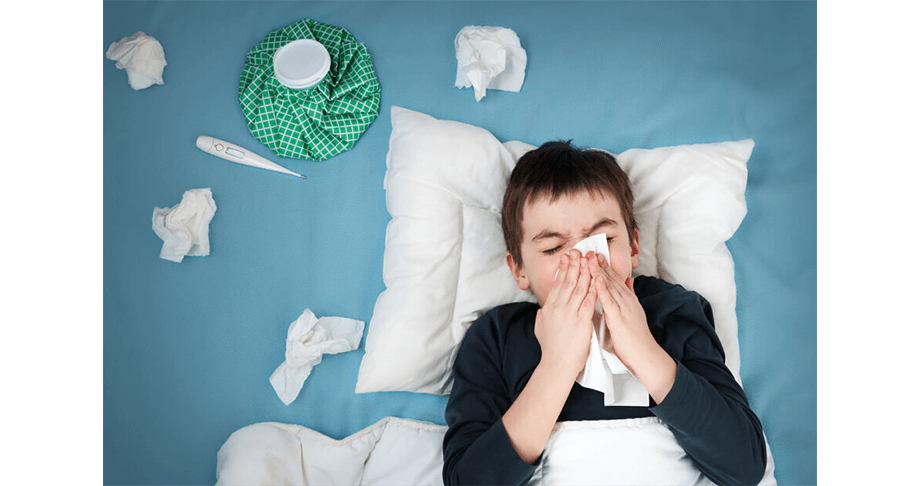
Dengue has been on the rise in India since the last 5-6 years. Children are most vulnerable to this disease not only because they have a weaker immune system but also because the dengue -spreading mosquitoes bite during the day while most of us adults are indoors (either at home or office) and our children are in school, either playing, having lunch at school grounds etc. As soon as they come home and rest for a while, it’s time for their evening playtime!
Hence it is important for us to understand how we can prevent diseases like dengue and chikungunya, especially in children.
We suggest you learn more about dengue before you proceed on learning preventive techniques, symptoms and treatment.
We have previously published an article on 5 ways to prevent dengue amongst children; make sure you read that as well.
To explain in short, below are a few must-dos to prevent dengue:
- Eliminate breeding sites for dengue mosquitoes
- Avoid mosquito bites
- Whenever your loved ones step out of home, ensure they have used a personal mosquito repellent like applying 4 dots of Goodnight Fabric Roll-On
- If you are home at daytime, keep electronic mosquito repellents like Goodnight Gold Flash System switched on
- Wear full sleeved clothes if weather permits
How Does Dengue Fever Affect Children?
Some people get infected with dengue virus without showing any symptoms, in babies and young children symptoms are often mild.
Dengue Fever Symptoms In Infants And Toddlers:
- In infants and toddlers dengue usually starts with viral flu like symptoms high fever, runny nose and cough
- In addition, they may also be cranky, irritable and cry more than usual
- Other symptoms include bleeding from the gums or the nose, skin rash and vomiting (more than three times a day)
Dengue Fever Symptoms In Older Children Include:
- High fever that fluctuates
- Pain behind the eyes
- Muscle and joint pain
- A severe headache

The symptoms are mostly shown 8-10 days after a person is bitten by infected Aedes mosquito, during this time a child may show:
- Loss of appetite
- Nausea or vomiting
What Should You Do If You Suspect Your Child Has Dengue?
Please visit your pediatrician or general physician, most doctors prescribe a blood test to check for the presence of any of the dengue viruses. Generally, dengue resolves on its own and there are no specific medicines to treat dengue but hospitalization may be required in severe cases.
Please ensure you take following precautions:
- Feed the child lots of nutritious food
- Put a wet cloth on the forehead to bring down the fever
- Ensure your child drinks plenty of warm fluids
- Papaya juice is known to help, you may consult your doctor regarding the dosage of the same
- You may administer Electrolyte/ORS powder to the child to prevent dehydration
- Ensure your child takes a lot of rest – avoid exertion by playing, watching TV, iPad
- Keep the child occupied by telling them stories or singing to them
- Playing board games is another good way keeping the child happy and engaged
- Ensure you have switched on your mosquito repellent in the room where your child is recovering

Comments
Post a Comment